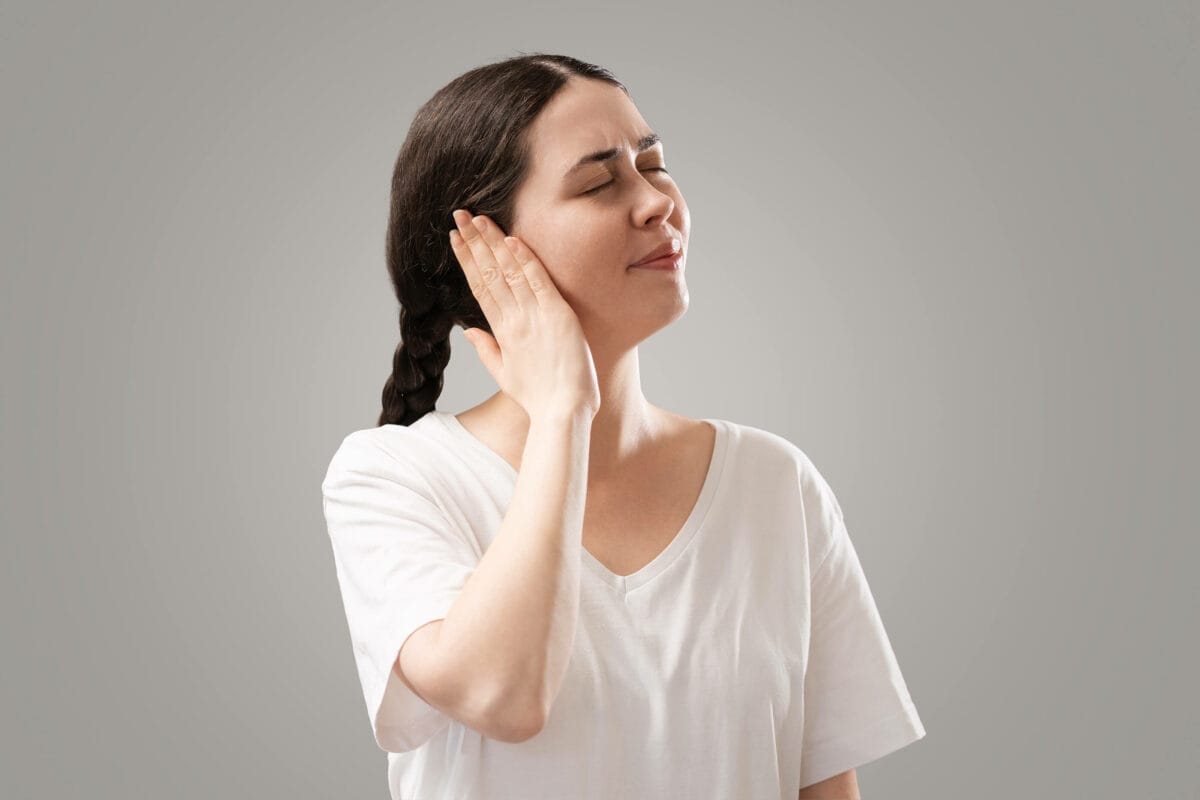Millions of people live with untreated hearing loss, a medical condition that reduces capacity to hear and process sound. Nearly 1 in 8 people have some degree of hearing loss but only a third of people who could benefit from treatment actually receive it. Untreated symptoms can worsen impairment as well as take a toll on everyday life and how you experience it by straining communication, relationships, social life, work, and your overall health. Being able to recognize early symptoms can help you identify hearing loss, supporting early intervention. Treatment not only transforms hearing health but it enables people to live active lifestyles that they can fully participate in.
What are the early signs?
Oftentimes, hearing loss occurs gradually rather than all at once or overnight. This means that people may not be aware that they are experiencing symptoms for quite some time which contributes to a delay in treatment. If you’ve noticed changes to your hearing, asking yourself the following questions is a useful way to help identify hearing loss:
- Do I hear a ringing or buzzing like noise in either ear (known as tinnitus)?
- Are sounds and speech muffled or distorted, making it hard to hear for me?
- Is it challenging to identify individual words?
- Am I struggling to follow conversations? Especially in places with background noise (restaurants for example)?
- Do I lip read to help make out the words that people are saying?
- Am I frequently responding with “huh” or “what” when I am having conversations with others?
- Is my hearing better in one ear compared to the other?
- Do I always turn up the volume on the TV or other electronic devices like my phone?
- Do my loved ones argue with me over volume or not hearing them?
- Have I missed phone calls because I did not hear the ringer?
- Do I need to move to a quieter space to be able to hear?
If any of the responses to these questions is yes, this could indicate hearing loss and means you should have your hearing tested soon.
These symptoms can range, depending on the degree of hearing loss you are experiencing. Symptoms take a toll on communication so it is common to avoid conversations as much as possible. This can look like keeping them short, spending less time with others, and participating less in social activities. Social withdrawal is a common effect of untreated hearing loss. This not only impacts relationships and social life, but also mental health and wellness. Untreated hearing loss can also increase health risks including cognitive decline and falls, highlighting the importance of intervening to address symptoms.
How is hearing loss diagnosed?
Hearing loss is diagnosed by a hearing healthcare specialist who comprehensively evaluates your hearing capacities. Hearing tests are painless and noninvasive, involving a process that measures your hearing capacities in both ears. This identifies any hearing loss you are experiencing in each ear, the type of hearing loss, and the degree of impairment. Hearing loss ranges from mild to profound and the evaluation process will identify where on this spectrum your hearing is. Once your hearing needs are established, treatment is tailored to meet those specific needs.
How is hearing loss treated?
Fortunately, there are effective ways that hearing loss is treated. The most common treatment option is hearing aids. These are electronic devices that absorb and process speech as well as sound. This provides the ears and brain with significant support, alleviating hearing loss symptoms and increasing one’s capacity to hear. Similar to most electronic devices we use today, hearing aids are more innovative than ever before. There is a range of technologies and features that create dynamic and personalized listening experiences in everyday environments. Today’s hearing aids also offer award winning designs, styles, colors, and technologies that seamlessly integrate the highly wearable device in daily life. WIth many options to choose from, your hearing healthcare provider will help you navigate your choices. This ensures that you have a device that optimally meets your hearing and lifestyle needs.
Prioritize Your Hearing Health Today
You can get started with one simple step: schedule an appointment for a hearing consultation. Treating hearing loss transforms your everyday life and health in major ways. Hearing aids strengthen hearing and communication which improves relationships, enriches social connection, and boosts overall health and wellness. Contact us today to schedule an appointment!


